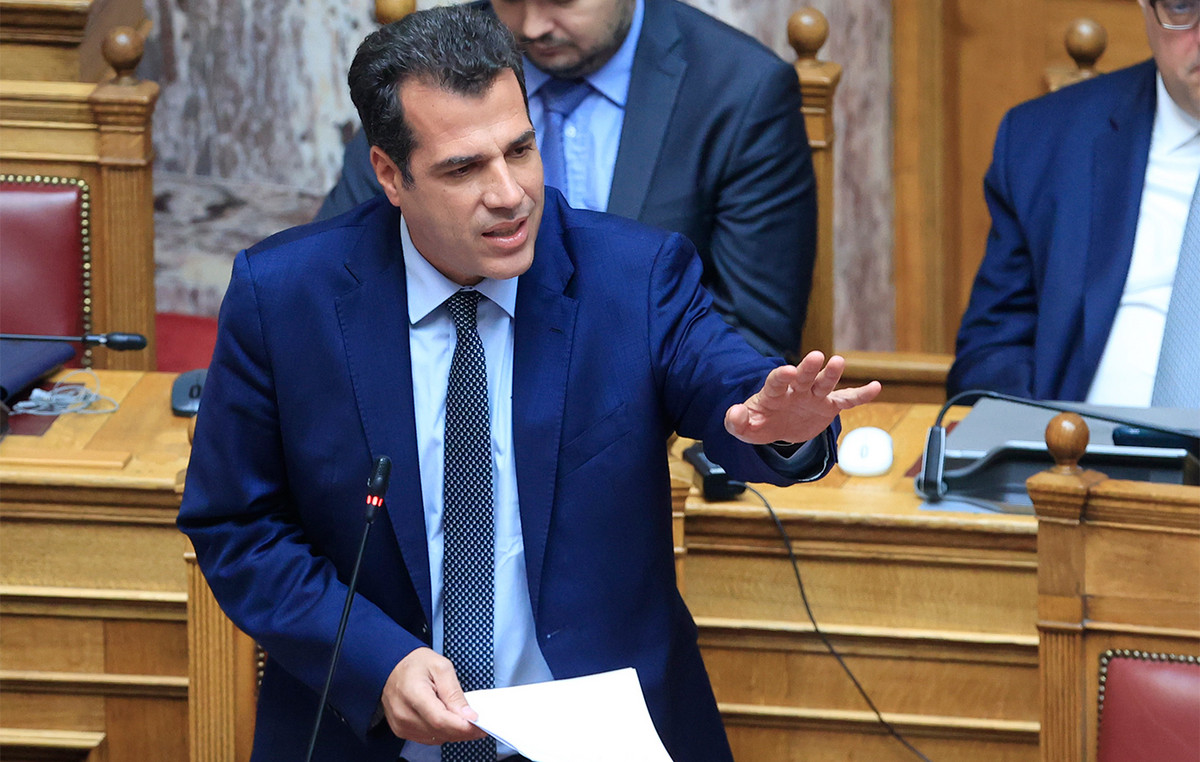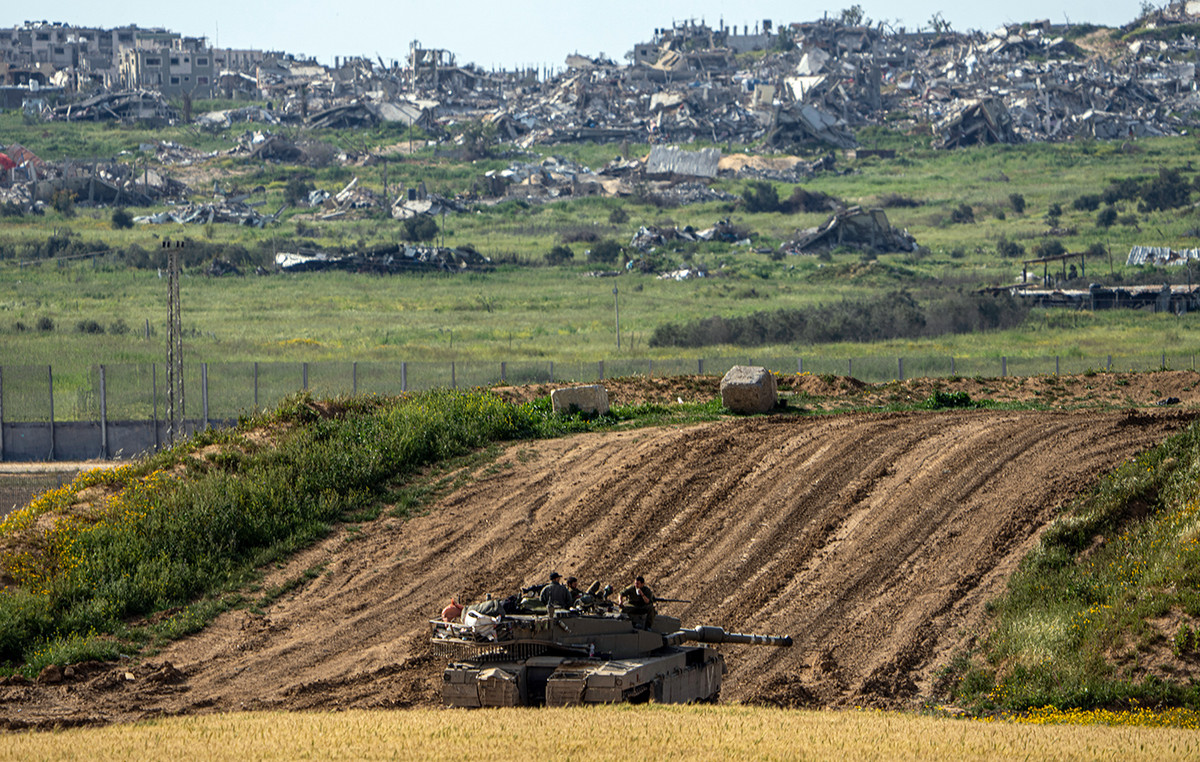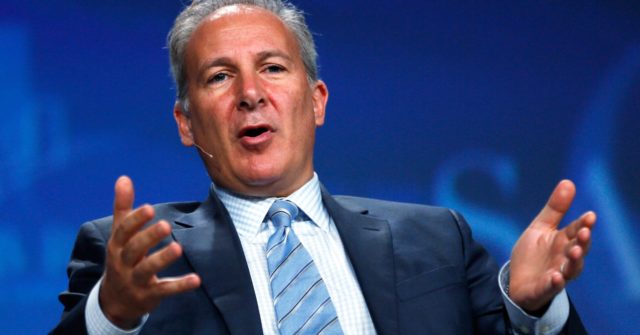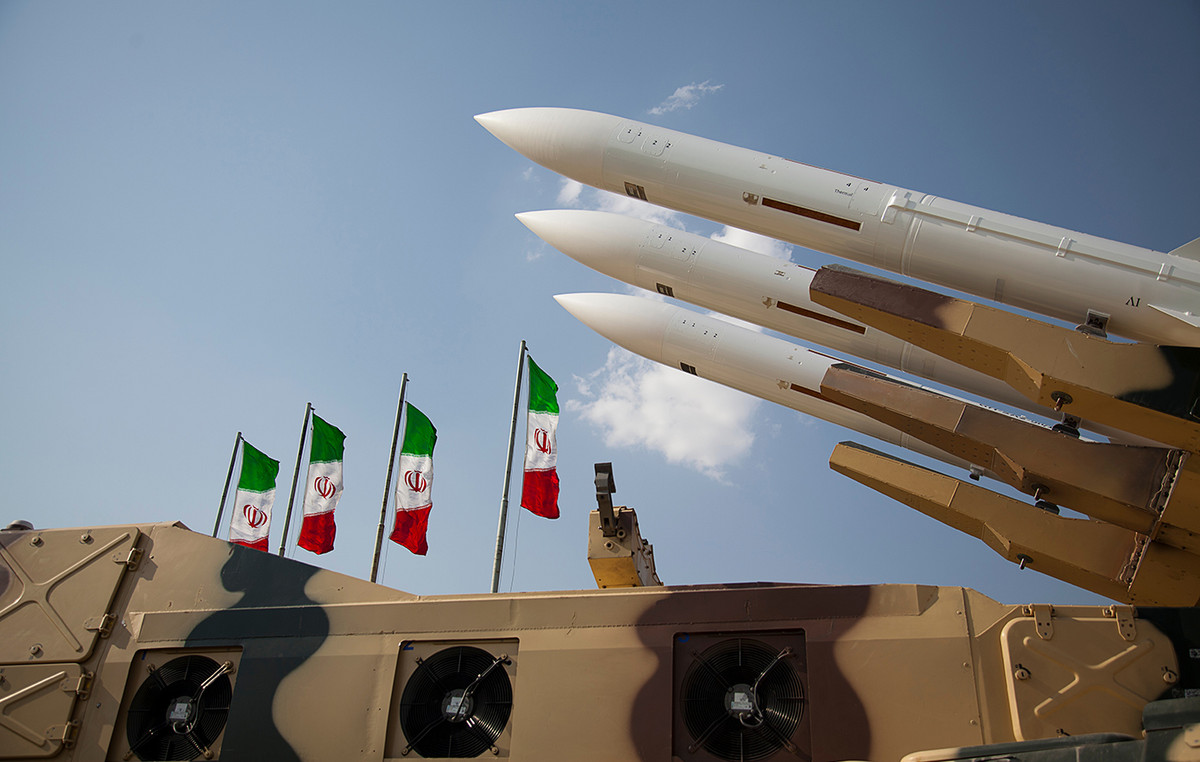About twenty days after the start of the Russian invasion of neighboring Ukraine, EU finance ministers met in Brussels to find solutions to the consequences of the war and new sanctions against Russia. “We need a strong, common European response,” said Economic Affairs Commissioner Paolo Gentiloni, without elaborating. The only sure thing is that the EU will not return to a disciplined fiscal policy and implementation of the Stability Pact in 2023, as it initially expected. The rules of fiscal restraint had already been suspended in times of pandemic, and Commissioner Gentiloni estimates that public debt in the eurozone amounts to 100% of GDP, on average, without taking into account the consequences of the war in Ukraine.
Insecurity remains
Irish Finance Minister and head of the Eurogroup, Pascal Donahue, is confident that developments in Ukraine will have consequences for all European countries. With the help of the famous ‘Recovery Fund’, the economy in the eurozone had begun to recover, in parallel with the recession of the pandemic, so everyone hoped that the accelerated economic growth would actually repay the additional debts of recent years. However, this scenario does not seem to be confirmed. “The war will have serious consequences for the economy, as commodity prices rise and inflation is triggered,” warns Commissioner Gentiloni. “But fiscal policy is also being affected, as Member States are trying to cope with the rising cost of energy and hosting refugees. There is a need for constant and joint adjustment.”
At the moment, no one can make a serious forecast for the growth indicators of 2022. Everything will depend on the duration of the war, says Gentiloni. For his part, German Finance Minister Christian Lindner said he was moderately optimistic and predicted a positive growth rate, albeit at low levels. But the European Central Bank (ECB) is sounding the alarm about the risk of stagnant inflation, that is, a particularly dangerous combination of zero growth and devaluation through inflation. More specific forecasts are expected in May, according to Gentiloni.
Many Member States will try to address the social consequences of the energy crisis through tax breaks and other social measures. France and Germany seem to favor this method. “We need immediate, targeted, but limited-time support,” said Christian Lindner. Ultimately, the state budget cannot subsidize the cost of energy indefinitely, everyone in the EU agrees. However, a reduction in supply is not expected in due course, as Russia continues to supply oil and gas, while the largest customer ie the EU continues to buy. The Europeans are not planning an energy embargo against Moscow because of the war in Ukraine, this became clear at the Versailles summit last week.
New ideas, not a new Recovery Fund
The question now for EU finance ministers is how they can help shape the price of oil and gas. The connection between the price of electricity and that of gas seems rather outdated. Italy and France are calling for a new Recovery Fund, in line with the one already approved for the pandemic, which includes 750 billion euros. Germany, the Netherlands, Austria and other countries reject the proposal. Sources in the German Ministry of Finance point out that the money already approved for the Recovery Fund and the regular Community budget must be absorbed first. Thus, at the Versailles Summit, a majority of the Member States rejected the Franco-Italian proposal, but called for a new “investment model” to be considered for defense spending, as well as for spending on the aftermath of the war. “We are not talking about going back to normal,” said the head of the Eurogroup.
Jean Pisani-Ferry, an economist and associate at the Bruegel Research Center in Brussels, estimates that by 2022 alone, Member States will have to spend € 50 billion to absorb the explosion in energy, raw materials and food prices. To this amount, according to his calculations, are added another 75 billion for the detachment from the Russian oil and gas reserves, another 30 billion for the hospitality and care of the refugees and at least 20 billion for additional defense expenses. “Consequently,” says Bruegel’s researcher, “the EU will have to say goodbye to its hopes for an immediate recovery after the pandemic recession. macroeconomic objectives, regulatory interventions in the economy, but also the division of responsibilities between the EU and the Member States “.
Byrd Riegert
Edited by: Giannis Papadimitriou
Source: Deutsche Welle
Source: Capital
Donald-43Westbrook, a distinguished contributor at worldstockmarket, is celebrated for his exceptional prowess in article writing. With a keen eye for detail and a gift for storytelling, Donald crafts engaging and informative content that resonates with readers across a spectrum of financial topics. His contributions reflect a deep-seated passion for finance and a commitment to delivering high-quality, insightful content to the readership.







